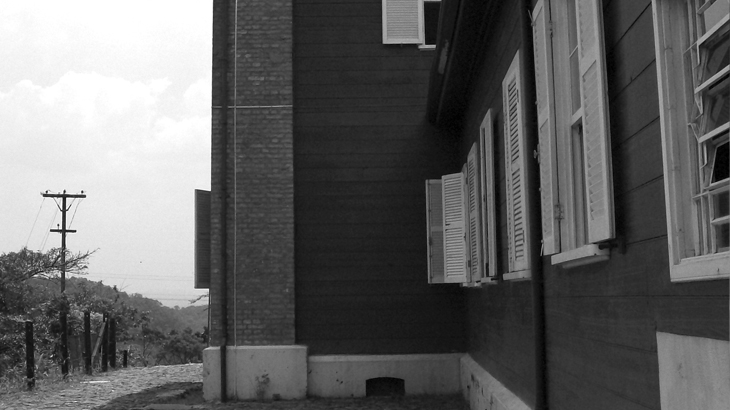Postado em
Famílias de idosos: complexas relações intrafamiliares com o processo de (re)coabitação

Clique aqui para fazer o download do texto completo (arquivo em formato pdf com 346kb)
JANAÍNA CARVALHO BARROS (1)
RESUMO
Apresentamos neste artigo uma parte das reflexões contidas na minha tese de doutorado, no qual analisamos as relações de sociabilidade e solidariedade nas famílias de idosos das camadas populares de Cuiabá-MT, com o processo de coabitação permanente e/ou retorno à casa de duas ou três gerações de descendentes.Privilegio aqui as percepções das pessoas idosas chefes de família acerca das relações intrageracionais na família perante as profundas transformações socioeconômicas, culturais e do aumento da expectativa de vida. Nestes arranjos familiares, as pessoas idosas, movidas pela “responsabilidade natural”, advinda dos vínculos de parentesco e da incorporação de responsabilidade no plano dos valores, naturalizada pela cultura e reforçada pelas legislações,permanecem assumindo o papel de chefes da família, colocando-se como elo intergeracional, oferecendo múltiplas formas de apoio inerentes aos cuidados e à proteção. Em contrapartida, exigem ou esperam respeito à sua autoridade de pai e mãe, respeito ao seu jeito de pensar “antigo” e compartilhamento de responsabilidades em relação ao orçamento e às atividades domésticas, o que faz com que relações intrafamiliares oscilem entre trocas e conflitos, impulsionando as pessoas idosas a flexibilizar valores e comportamentos para preservar os laços familiares, o que contribui para garantir a permanência da solidariedade e da sociabilidade familiar.
Palavras-chave: idosos chefes de família; famílias intergeracionais;sociabilidade
________________________________________
ABSTRACT
In this article I present part of the reflections of my doctorate thesis, in which the relationships of sociability and solidarity in the low income families with elderly people in Cuiabá-MT are analyzed. It also examines the process of permanent cohabitation and/or a situation in which two or three generations of descendants return home. What I have privileged here are the perceptions of the elderly heads of the families in relation to the intergenerational relationships in the family due to the deep socioeconomic and cultural transformations and the increase of life expectation. In these family configurations, the elderly people moved by the “natural responsibility”, coming from the kinship ties and the embodiment of responsibility in the value plan, naturalized by the culture and reinforced by the laws are still taking over the family heads’ role, positioning themselves as an intergenerational link, offering multiple ways of support regarding care and protection. On the other hand, they demand or expect respect to their authority of for being a father or a mother, respect to their “ancient” way of thinking and share of responsibilities in relation to the budget regarding house expenses, which makes the interfamily relationships to range between exchanges and conflicts, forcing the elderly people to make values and behaviors flexible to preserve the family bonds, which contributes to guarantee the permanence of family solidarity and sociability.
Keywords: elderly heads of the family; intergenerational families;sociability
(1) Professora da Universidade Federal de Mato Grosso, Departamento de Serviço Social e-mail:jan-cars@hotmail.com







